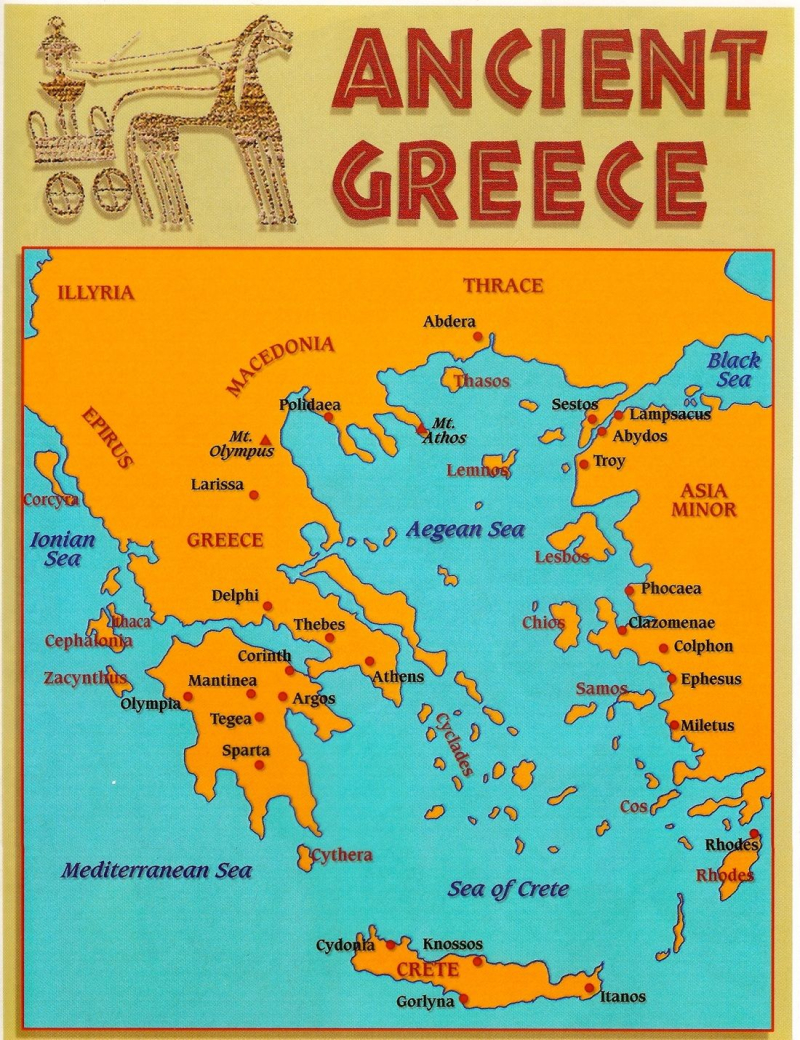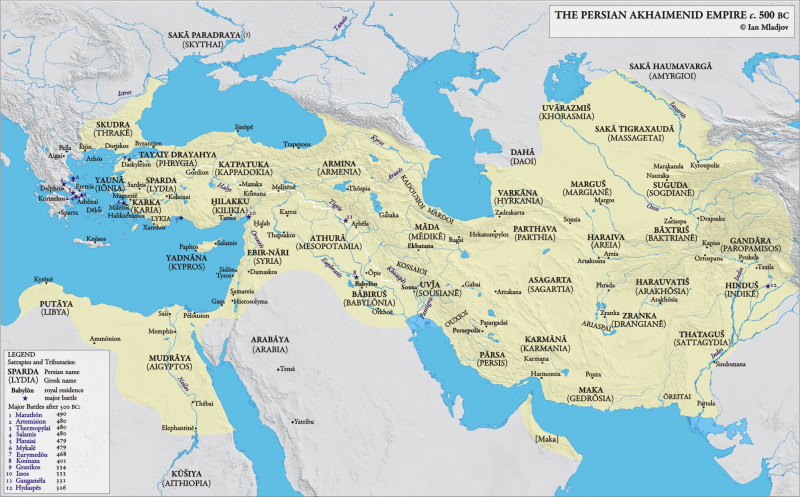Greek Wasn’t a Unified Nation
The nation of Greece is covered with rivers, mountains, and rolling hills, which served as natural barriers between the different city-states that flourished. Greece as it is today is a largely cohesive country. However, the contrary was nearly universally true in ancient Greece. The polis, or group of independent city-states that made up ancient Greece, were united by nearly identical ideas, languages, lifestyles, and cultures.
Beyond these common lifestyles and beliefs, these city-states didn't have many ties to one another. Even the strongest examples of "affiliation" were transient or had highly ambiguous definitions. Since each polis was run differently, there was no real uniformity. While some poleis adopted the Athens-originating democratic system, others adopted more conventional forms of government including oligarchy, aristocracy, and tyranny.
In Greece, an imbalance of power frequently resulted in certain city-states assuming greater importance and dominating nearby, marginally weaker city-states. The Persian Wars, which took place between 492-449 BC, were one example of an ongoing battle that often caused unification among the city-states.
Greece was originally a peninsula, but after Alexander the Great died, it was transformed into a country. He is credited with promoting Greek language, art, culture, and urban planning, which gradually contributed to a more cohesive country.












